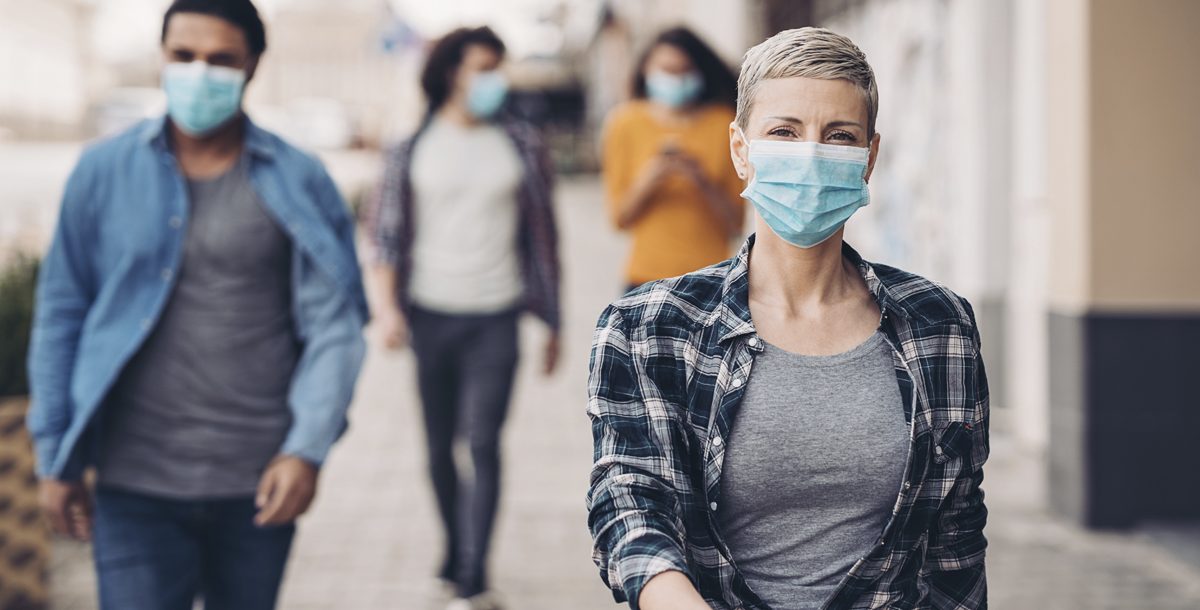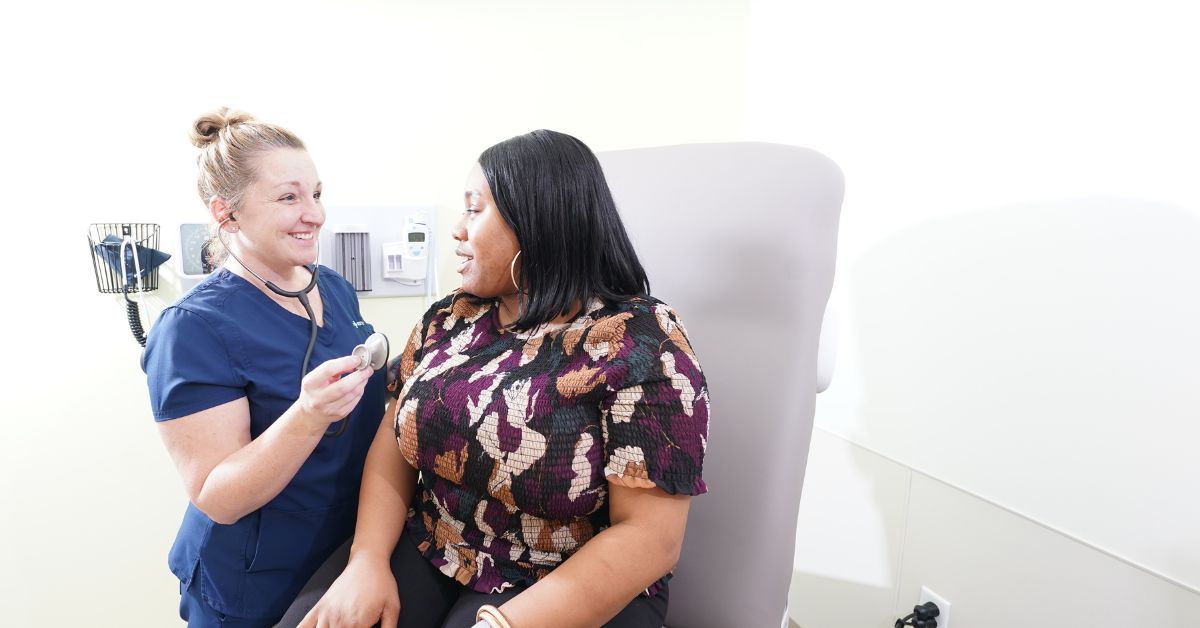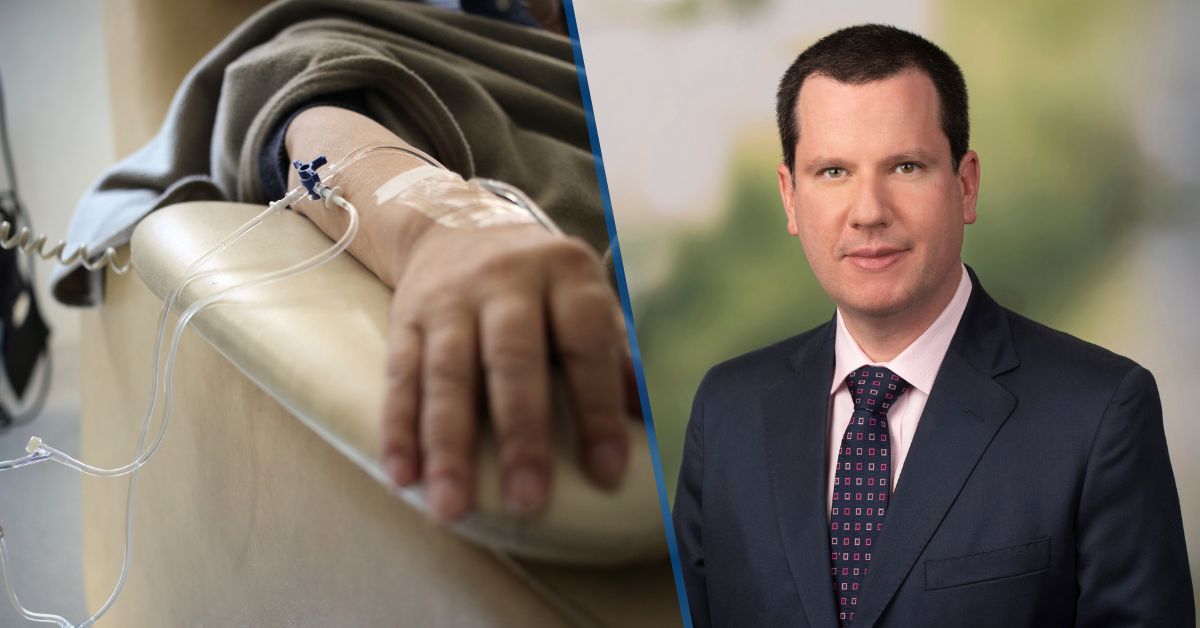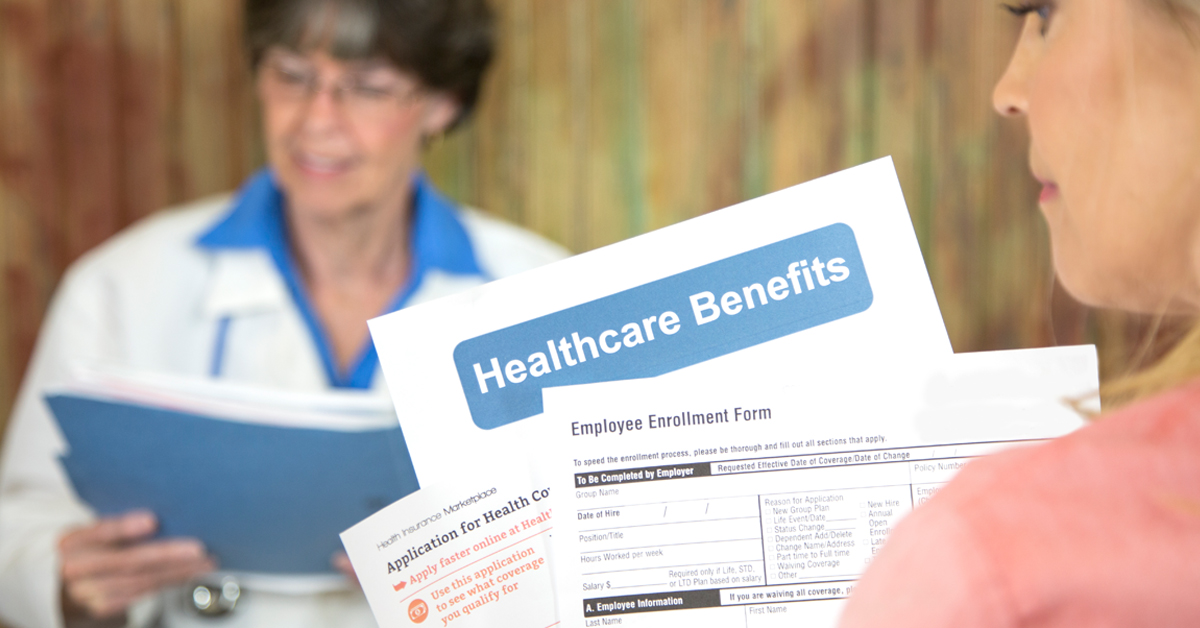It’s widely known that many COVID-19 patients experience symptoms such as fever, cough, difficulty breathing, fatigue, muscle aches and more. However, the Centers for Disease Control and Prevention (CDC) reports that people can be infected with COVID-19 yet never show any symptoms.
People who have the virus and don’t appear sick are called asymptomatic. Asymptomatic carriers likely will never get tested, so the number of those infected but not showing symptoms is not clear. However, it’s estimated that up to 50% or more of people who contract COVID-19 could be asymptomatic carriers.
Here is what we know about asymptomatic COVID-19 carriers.
- Even if you are asymptomatic, you can still spread the virus. COVID-19 can be spread through respiratory droplets people produce when they sneeze or cough, or by touching a surface or object that has the virus on it and then touching your nose or mouth.
- It’s currently unclear whether those with no symptoms spread the virus easier or faster than people with symptoms. Therefore, it’s critical that you social distance from others at this time, maintaining at least six feet, even if you aren’t showing symptoms.
- While researchers are finding that those who are asymptomatic have less immune system damage than those with symptoms, they could still experience long-term respiratory issues. Therefore, just because you don’t show symptoms doesn’t mean damage isn’t being done to your body.
Bottom line, you can still spread COVID-19 to others even if you feel normal and aren’t experiencing any symptoms.
It’s important that everyone follow the CDC guidelines at this time. They will help you protect yourself and those around you.
- Stay home as much as you can.
- Wear a face covering or mask if you must be around other people.
- Maintain a physical distance of at least six feet between yourself and others, even if you are wearing a mask.
- Wash your hands frequently or use hand sanitizer, and clean high-touch surfaces daily.
- Monitor yourself for symptoms and call your doctor if you’re having trouble breathing or running a fever.
Stay updated on what Bon Secours is doing related to COVID-19.





